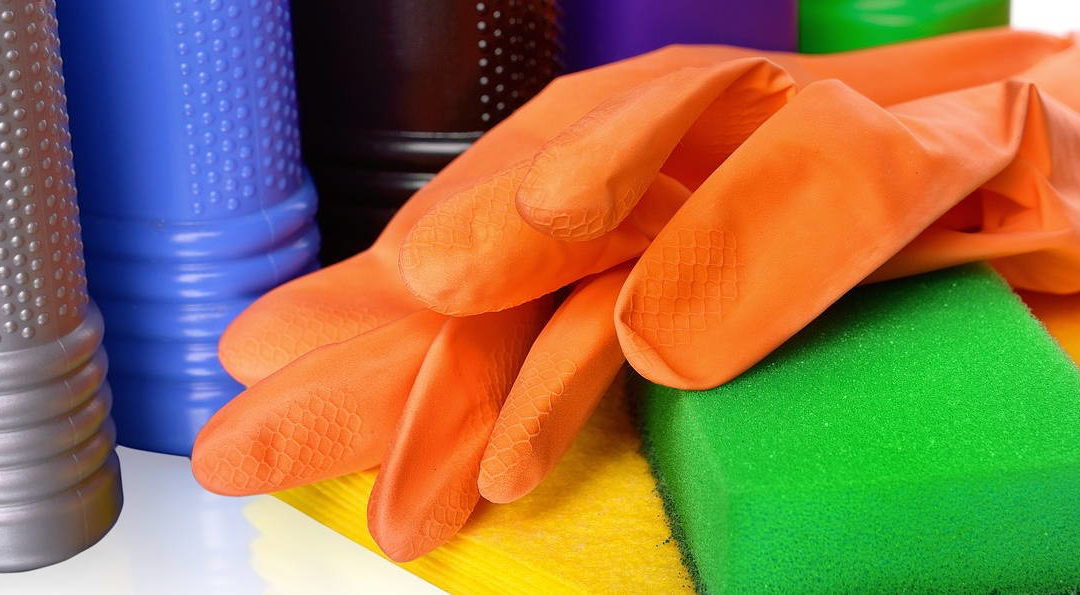Nothing has driven home the importance of cleanliness and hygiene on medical and care facilities like nursing homes than the last couple years.
Whether it’s budgetary, staff cutting corners from being overworked, or simply not enough staff to adequately take care of the number of residents in the nursing home, the end result can ruin a facility’s reputation. Especially now.
Over 1.5 million people live in nursing homes. That number came from a 2004 study, and the numbers are growing. Experts say they expect the number to climb to 5.3 million by the year 2030.
And of those numbers? There are over 2 million infections per year.
What Impact Do Nursing Home Infections Have?
Infections an often be controlled with antibiotics and medication for younger folks. But older people tend to have weaker immune systems and bounce back from major illness less quickly.
In particular, nursing home infections can exacerbate:
- Extended hospital stays when illnesses get bad enough to require it
- Re-hospitalization, meaning a person begins to get well enough to return to the nursing home, and then becomes worse again and must return to the hospital
- Functional impairment, meaning losing mobility or the ability to perform day-to-day activities
- Urinary tract infections, respiratory infections, skin infections
- Seasonal flu
(Source: NCBI on Nursing Homes.)
Urinary tract infections (UTIs) are said to be the most common ailment that occurs in nursing homes — often from urinary catheters that aren’t used in a hygienic enough manner.
Diarrheal diseases are often fairly common, and can be deadly. In fact, studies have indicated that 52% of all gastroenteritis and food-borne diseases occurred in nursing homes.
The increased risk of dehydration a senior may not recover from means that serious diarrheal infections are linked with morbidity and mortality.
What Are The Leading Causes Of These Infections?
- Inappropriate antimicrobial use. Studies have revealed that up to 75% of nursing home residents are exposed to antibiotics over the course of a 12 month period. This can lead to more serious bacteria or less effective prevention of infection. Sometimes antibiotics are even prescribed for antiviral purposes, which is not effective.
- Poor hand washing hygiene of the nursing home staff. It’s remarkable how many things a staffer will touch throughout a work day. Improper hand hygiene can lead to contagions everywhere throughout the facility. Not having the facility regularly cleaned simply allows these contagions to run wild.
- Inadequate resident care. Skin care, the treatment of urinary catheters, feeding tubes, and other aspects of resident care all must be done in particular ways to minimize infection. When any of these tasks are rushed or done halfheartedly, the risks for infection are incredibly high.
The importance of regular nursing home cleaning services can’t be understated to combat the rate of infections.
What Can Be Done About The Nursing Home Infections?
As a start, there are a series of government regulations called § 483.80 that detail how nursing homes and similar facilities must take efforts to ensure infection can’t spread.
These include hygiene procedures the staff must follow, ways management must keep staff informed about those procedures, and even systems for reporting incidents that do occur in the facility.
Beyond that, having a strong cleaning regimen in place goes a very long way toward controlling the aspects of infectious diseases that go beyond the aforementioned safety procedures.
Some degree of germs and pathogens are inevitable.
But if they are disinfected regularly and thoroughly, it can mitigate a large degree of the damage they can do.
Complete nursing home cleaning solutions, such as the ones we offer, include things like:
- Dusting all surfaces
- Disinfecting doors, bathrooms, counters, and desks
- Changing out trash receptacles
- Vacuuming carpets and mopping floors
- Changing bed linens
- Laundry services

